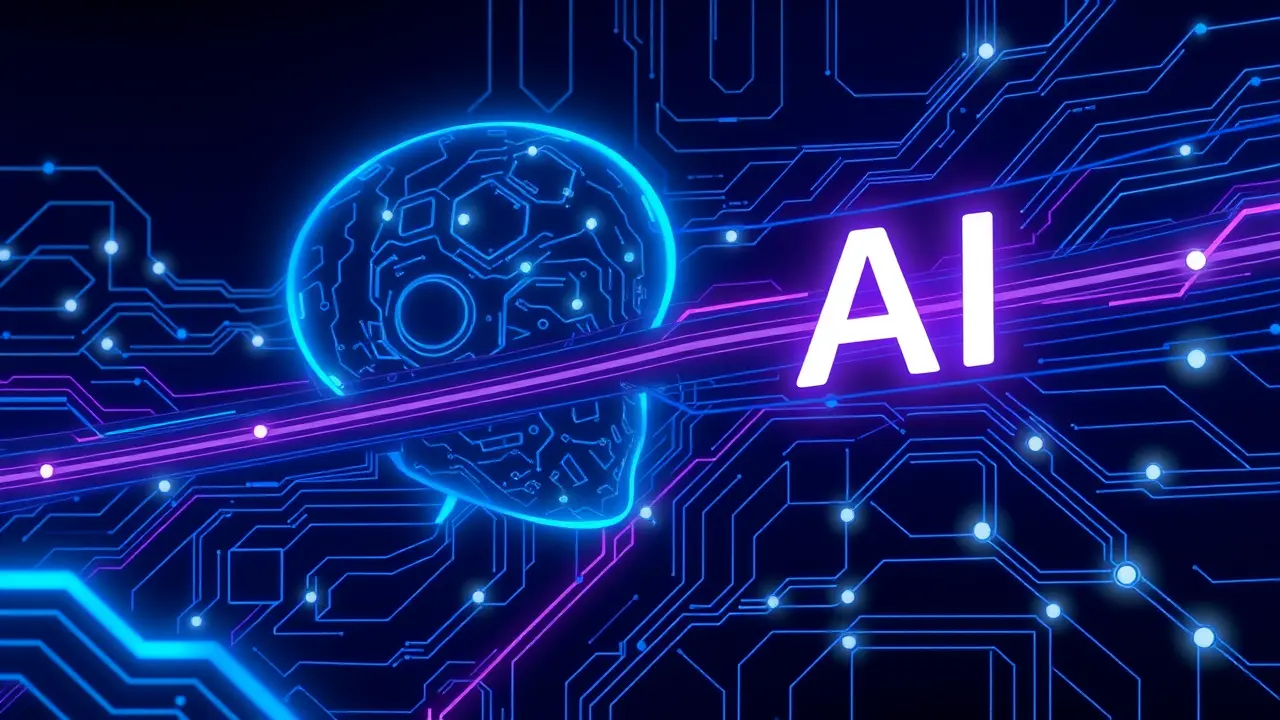
AIai safety & ethicsAI Impact on Jobs
Will AI Replace Corporate Management Structures?
MI
Michael Ross
2 days ago7 min read
For centuries, the firm has organized economic life, translating human labor into value through hierarchy and routine, a structure as foundational to modern capitalism as the assembly line was to the Industrial Revolution. But as agentic AI begins to perform the core managerial work of coordination, resource allocation, and strategic decision-making, the very institutions that once defined our commercial landscape are starting to give way, prompting a profound debate that echoes the ethical dilemmas posed by Isaac Asimov's Three Laws of Robotics, yet on a corporate scale.This isn't merely about automating clerical tasks; we are witnessing the emergence of AI systems capable of analyzing market fluctuations in real-time, orchestrating global supply chains with inhuman efficiency, and even making high-stakes personnel decisions, thereby challenging the necessity of the traditional C-suite. The potential benefits are staggering—unprecedented operational efficiency, data-driven strategies free from human bias and fatigue, and the ability to simulate countless business scenarios in minutes.However, the risks are equally monumental, raising critical policy questions about accountability, transparency, and the social contract. If an AI CEO makes a decision that leads to massive layoffs or a catastrophic financial loss, who is ultimately responsible? The developers, the shareholders, or the algorithm itself? We are entering uncharted territory where the chain of command blurs, and the concept of corporate personhood may need a radical update.Historical precedents, like the Luddite rebellion, show us that technological upheavals are never purely economic; they are deeply social and political. The displacement of middle management by AI could exacerbate inequality, create a crisis of purpose for a generation of professionals, and concentrate unprecedented power in the hands of those who control the algorithms.Yet, the opportunity is also there to redesign organizations to be more meritocratic and agile, perhaps even giving rise to decentralized autonomous organizations (DAOs) run entirely by code. The transition will not be binary; we will likely see a protracted period of human-AI symbiosis, a hybrid model where executives learn to collaborate with their digital counterparts.The fundamental question is not if AI will reshape corporate management, but what values we will embed in these new systems to ensure they serve humanity, not the other way around. The future of the firm hangs in the balance, and the decisions we make today will echo through the corridors of power for decades to come.
#featured
#artificial intelligence
#economic organization
#firms
#management
#automation
#capitalism
#future of work
Stay Informed. Act Smarter.
Get weekly highlights, major headlines, and expert insights — then put your knowledge to work in our live prediction markets.
Comments
It’s quiet here...Start the conversation by leaving the first comment.
© 2025 Outpoll Service LTD. All rights reserved.